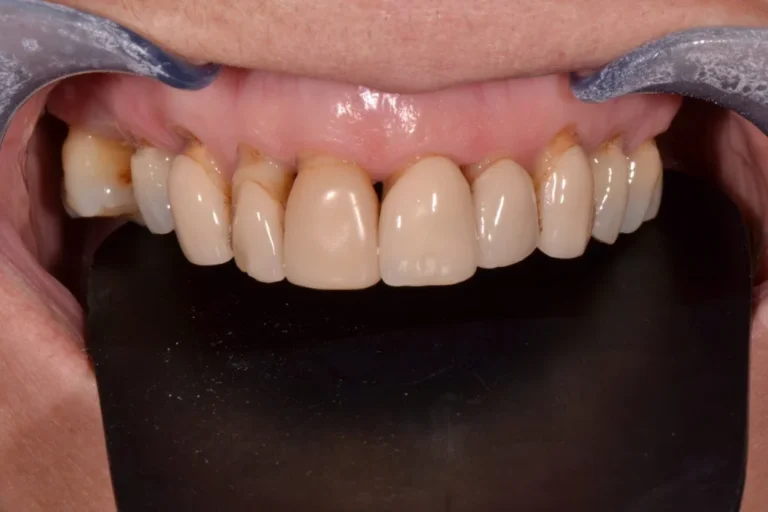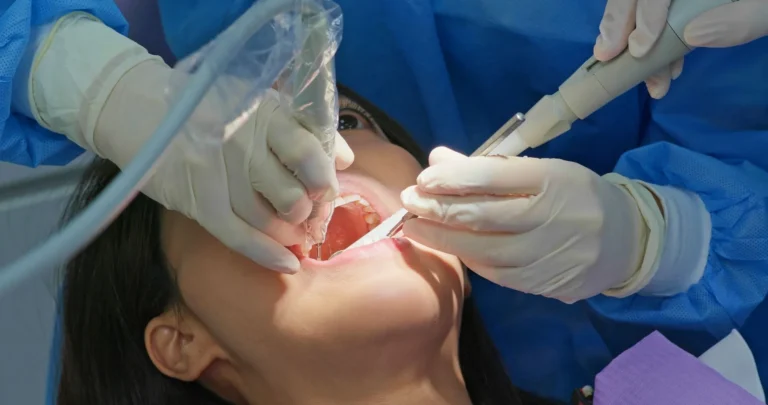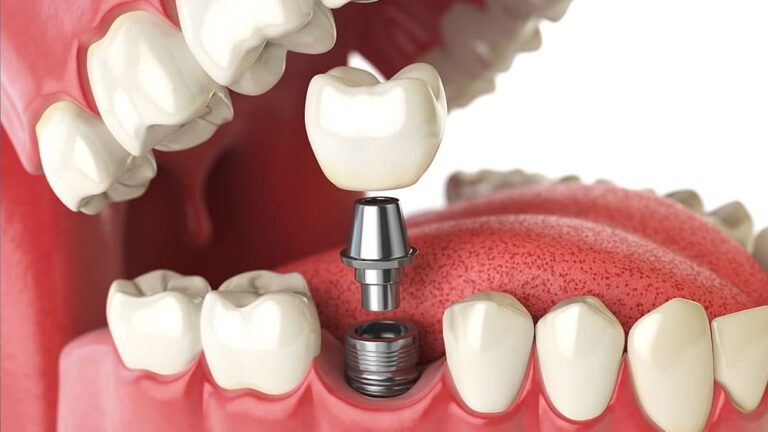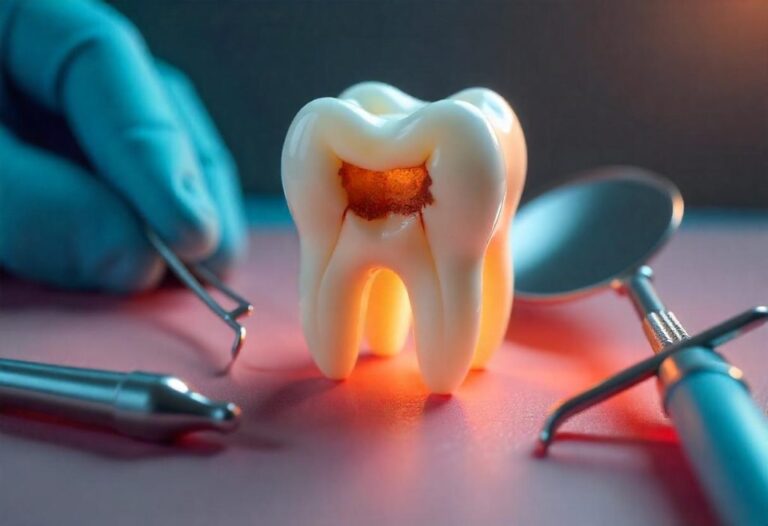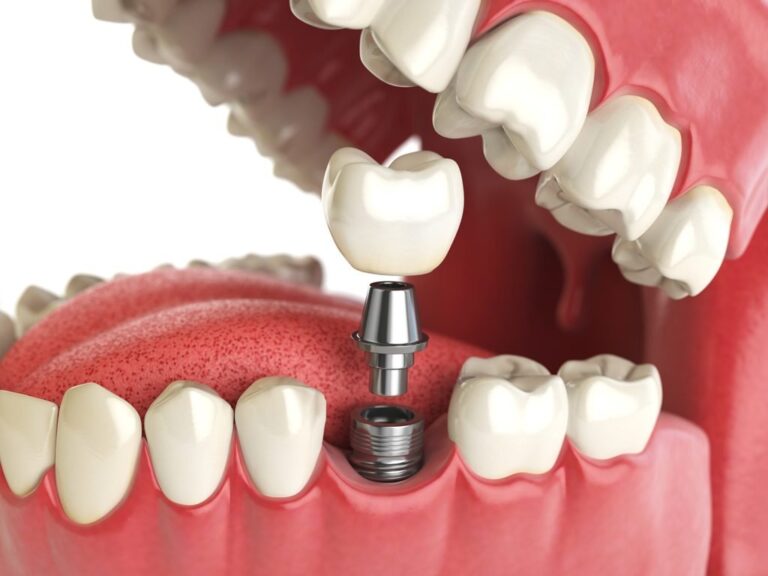What Is a Cavity and How Is It Treated?

Have you ever felt a sharp pain when eating something sweet or cold? That might be a sign of a cavity. Cavities are one of the most common dental problems, affecting people of all ages. In this article, we’ll explain what a cavity is, how it forms, how it can be treated, and how you can prevent them from coming back. Let’s break it down in a simple and friendly way.
What Is a Cavity?
A cavity is a hole in your tooth caused by tooth decay. Tooth decay happens when bacteria in your mouth produce acid that eats away the outer layer of your tooth (called enamel). Over time, this acid can create small or large holes—these are the cavities.
Cavities can happen to anyone, including babies, children, teens, and adults. If left untreated, they can get bigger and deeper, possibly leading to tooth pain, infection, or even tooth loss.
How Do Cavities Form?
Cavities don’t happen overnight. They form in stages:
1. Plaque Buildup
Your mouth is full of bacteria. After you eat or drink, especially sugary or starchy foods, bacteria mix with food particles and your saliva. This forms a sticky layer called plaque, which sticks to your teeth.
2. Acid Attack
The bacteria in plaque produce acid. This acid slowly starts to break down your enamel, the hard outer layer of your teeth.
3. Enamel Breakdown
If you don’t remove plaque by brushing and flossing, it continues to break down the enamel. Eventually, a small hole, or cavity, forms.
4. Deeper Tooth Damage
If not treated, the cavity can go deeper into the dentin (the softer layer under enamel) and even reach the pulp (the inner part of the tooth with nerves and blood vessels). This causes pain and may lead to infection.
Signs and Symptoms of a Cavity
Some cavities don’t show symptoms right away. But here are common signs you might notice:
- Toothache or pain that comes and goes
- Sensitivity to hot, cold, or sweet foods
- Visible holes or pits in your teeth
- Brown, black, or white spots on your teeth
- Bad breath or a bad taste in your mouth
If you experience any of these symptoms, it’s important to see a dentist as soon as possible.
How Are Cavities Treated?
Good news: cavities can be treated! The type of treatment depends on how severe the cavity is.
1. Fluoride Treatment (Early Stage)
If your cavity is just starting and hasn’t made a hole yet, your dentist might recommend a fluoride treatment. Fluoride helps restore enamel and can sometimes stop a cavity from forming.
2. Dental Fillings (Common Treatment)
For most cavities, the dentist will:
- Remove the decayed part of your tooth
- Clean the area
- Fill the hole with a material like silver, gold, resin, or porcelain
This stops the decay from spreading and restores your tooth’s shape and function.
3. Crowns (For Large Cavities)
If a cavity is large and there’s not much tooth left, your dentist may recommend a crown. A crown is a cap that covers your tooth and makes it strong again.
4. Root Canal (For Deep Decay)
When the decay reaches the pulp of the tooth, it can become infected. In this case, a root canal may be needed. The dentist will:
- Remove the infected pulp
- Clean the root canals
- Fill and seal the space
- Place a crown on top
Root canals save your natural tooth and prevent further problems.
5. Tooth Extraction (If It’s Too Late)
If the tooth is too damaged to be repaired, it might need to be removed. The dentist can then suggest a bridge, implant, or dentures to replace the missing tooth.
How to Prevent Cavities
You can protect your teeth by building good habits. Here are simple ways to prevent cavities:
Brush Your Teeth Twice a Day
Use fluoride toothpaste and brush for at least 2 minutes. Don’t forget to brush your tongue and the back of your teeth.
Floss Daily
Flossing helps remove food and plaque between teeth that your brush can’t reach.
Eat Healthy Foods
Avoid sugary snacks and drinks. Choose fruits, vegetables, dairy, and whole grains to strengthen your teeth.
Visit the Dentist Regularly
Go for checkups and cleanings at least twice a year. Your dentist can spot and treat problems early.
Drink Water
Water helps wash away food and keeps your mouth clean. Fluoridated water also strengthens enamel.
Why Treating Cavities Early Matters
Cavities don’t heal on their own. Waiting too long can lead to pain, infection, or expensive treatments like root canals or tooth extractions.
Treating cavities early means:
- Less pain
- Lower cost
- Less damage to your tooth
- Better oral health overall
If you think you might have a cavity, don’t wait—see your dentist and get it checked out.
Final Thoughts
Cavities are common, but they’re preventable and treatable. Knowing how they form, spotting the signs early, and practicing good dental care can help you keep your smile healthy for years to come.
Whether it’s using fluoride toothpaste, visiting your dentist regularly, or cutting back on sugary snacks, every little effort counts. So be kind to your teeth—they’re with you for life!
FAQs About Cavities
1. Can cavities go away on their own?
No, cavities don’t heal by themselves. Once tooth enamel is damaged, it needs treatment. Early cavities might be stopped with fluoride, but most need fillings.
2. Are cavities contagious?
Not directly, but the bacteria that cause cavities can be shared—like through kissing or sharing utensils. That’s why good oral hygiene is important for everyone in the family.
3. Does getting a filling hurt?
Most fillings are painless. Dentists use numbing medicine to make sure you don’t feel pain during the procedure. You may feel slight pressure or vibration, but it’s very manageable.
4. How long do dental fillings last?
It depends on the type of filling and how well you care for your teeth. Most last between 5 to 15 years. Good oral hygiene and regular checkups help them last longer.
5. What foods are worst for cavities?
Sticky candies, sugary drinks (like soda or juice), and snacks like chips or cookies are harmful because they feed cavity-causing bacteria. Try to rinse your mouth or brush your teeth after eating these.
Dr. Emma Green is a health and wellness expert with over 10 years of experience in nutrition and fitness. Passionate about helping others live their healthiest lives, Dr. Green shares practical advice on wellness, nutrition, and sustainable living through LivingSpristine.

